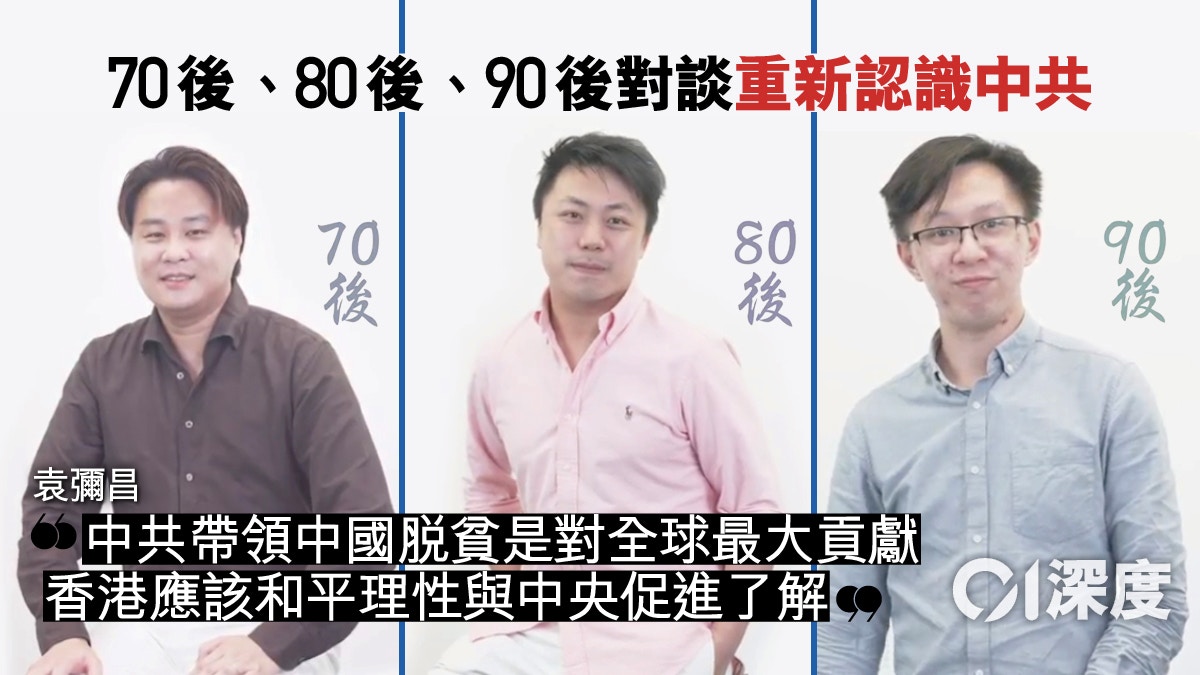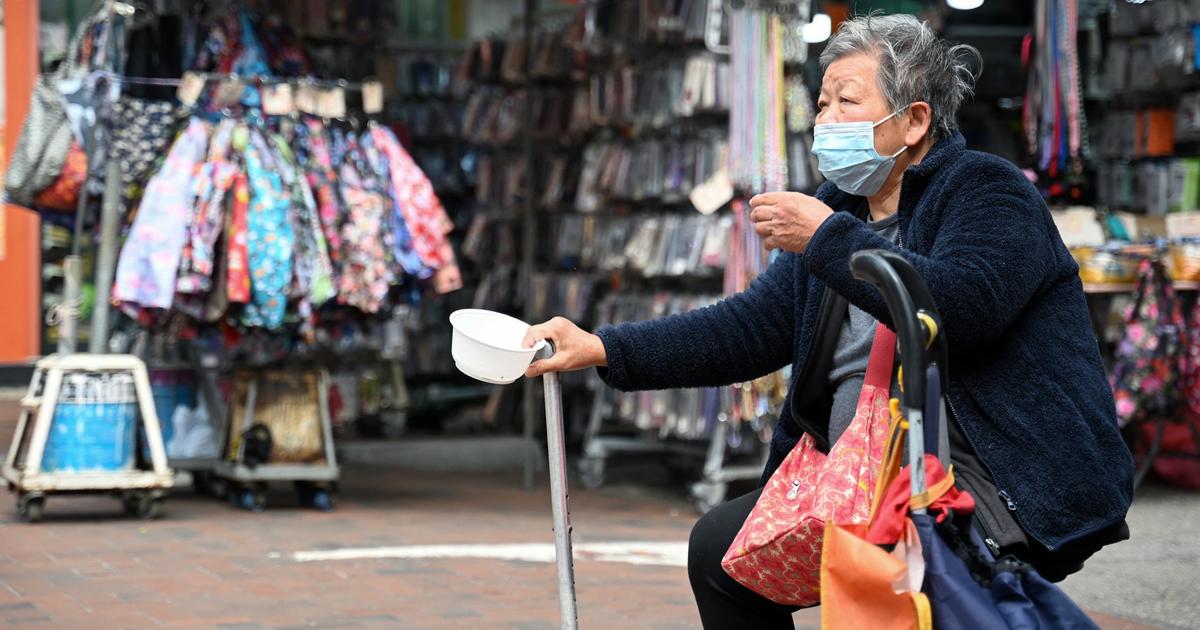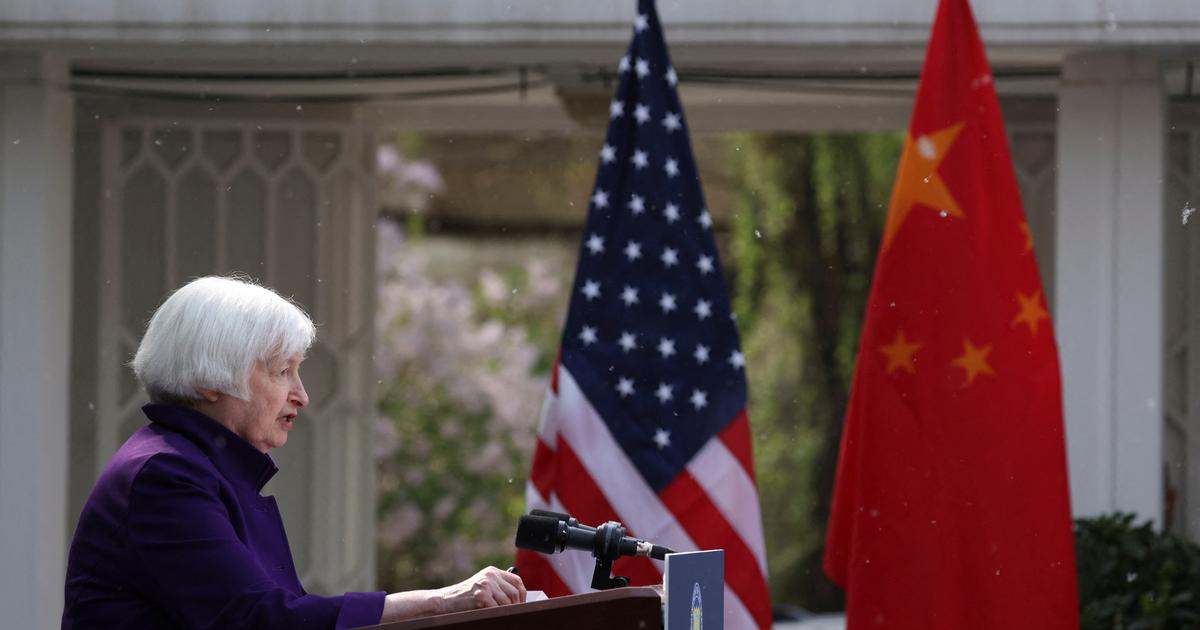"Re-understanding the CCP" is an issue that Hong Kong cannot avoid.
Coinciding with the 100th anniversary of the founding of the Communist Party of China, Beijing, Hong Kong and Macao Scholars Research Center and other local young scholars jointly produced the "More than One Side" series of films, hoping to explain the centuries-old ruling of the Communist Party of China through dimensions and perspectives that are different from stereotyped cognition. Meaning to the country and Hong Kong.
One of the videos invited Yuan Michang, a current affairs commentator of the "post-70s", Lin Zhaohui, a think tank researcher of the "post-80s", and Huang Yuxiang, a young media person from the "post-90s" to talk about the significance of the CCP's leadership in China’s rise. It is pointed out that Marxism has its merits, and capitalism has also encountered many problems. It is hoped that Hong Kong people can get rid of ideological traps and promote understanding with the central government in a peaceful, rational and non-violent way.
Yuan Michang of the "post 70s", Lin Zhaohui of the "post 80s" and Huang Yuxiang of the "post 90s" talk about the significance of China's rise.
(Video screenshot)
There are three short films in the "More than One Side" series, namely "Future", "Responsibility" and "Peace".
In "Future", a girl blindfolded by the "yellow scarf" brings out many questions about society, echoing the deep-seated contradictions emphasized by Beijing.
"Peace Chapter" takes the form of a three-person conversation with Yuan Michang from the "post 70s", Lin Zhaohui from the "post 80s" and Huang Yuxiang from the "post 90s".
Yuan Michang mentioned that the rise of China will make the world no longer dominate the world, reach a certain balance, and will not move towards a single polarization.
Regarding the clash of civilizations arising from the rise of China, Yuan Michang believes that the problem lies in the fact that the United States has a very shallow understanding of China. For example, when capitalism goes wrong, China tends to show the advantages of other systems to convince people by reason, rather than through malicious ideology. Compete with the West.
As for the official "great power responsibility" theory, which is often misunderstood as the issue of "seeking hegemony," Yuan Michang pointed out that while the United States is busy fighting Afghanistan, Iraq, etc., China is silently helping many third world countries, "at least It is already a great contribution to world peace to lift the country out of poverty."
Yuan Michang also said that Marxism has its merits, and "seeking truth from facts" is also a scientific method. Unfortunately, Hong Kong has fallen into an ideological trap for some time in the past. However, he believes that conflict and violence have come to an end. We need to make the Central Government understand that Hong Kong has returned to rationality, and hope that everyone will promote mutual understanding with the Central Government in a peaceful, rational and non-violent way.
"Re-understanding the CCP" is an issue that Hong Kong cannot avoid.
(Photo by Liang Pengwei)
Lin Zhaohui, who is himself a researcher on psychology in Beijing, Hong Kong and Macau, explained that the reason why the center took the lead in the production of "More than One Side" stems from the lack of a comprehensive understanding of the CCP and the Mainland due to language and cultural experience in the past. I hope to objectively explain the significance of the Chinese Communist Party’s century of governance to the country and Hong Kong through dimensions and perspectives that are different from stereotyped cognition.
Lin Zhaohui noticed that official agencies also had a lot of propaganda about re-understanding the CCP, but believed that those were mostly presented in a historical or serious form. I believe it would be more difficult to impress the Mesozoic and new generations such as the 70s, 80s, and 90s. "More than One Side" mainly starts from the questions of ordinary Hong Kong people, and then local young scholars bring another visual and imaginary answer to the audience, so as to bring the "one side" of the Chinese Communist Party that is inherently closely related to Hong Kong, as well as Western and local media. The "one side" that is rarely touched is expressed, and it is hoped that Hong Kong people can gradually abandon their prejudice and get to know the CCP again.
The future chapter of "More than One Side" talks about social problems that many young people are puzzled by.
(Video screenshot)








